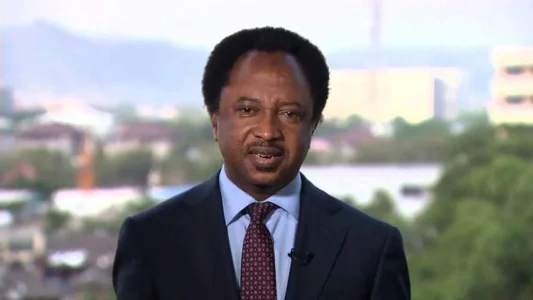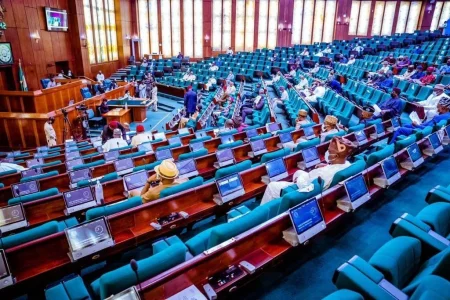
Here are 12 things to know about the Nigerian government's Conditional Cash Transfer:
- Expansion of National Social Register: The Federal Government is expanding the National Social Register to include pensioners and ex-servicemen under its Conditional Cash Transfer scheme.
- Removing Beneficiaries Above Poverty Line: The government is removing beneficiaries who have crossed the poverty line, ensuring that the aid reaches those who need it the most.
- Disqualification Without NIN and BVN: Individuals without National Identification Numbers (NIN) and Bank Verification Numbers (BVN) will be disqualified from the program.
- Direct Payments by CBN: Payments will be made directly to the beneficiaries by the Central Bank of Nigeria, eliminating the need for consultants.
- Bulk Payments Starting Soon: The first batch of bulk payments is set to begin next week for five million households.
- Part of National Social Investment Programme: The Conditional Cash Transfer scheme is a component of the National Social Investment Programme aimed at improving the lives of Nigerians living in extreme poverty and boosting the economy.
- Launch on International Day for Eradication of Poverty: President Bola Tinubu launched the disbursement of N25,000 to 15 million households for three months on the 2023 International Day for the Eradication of Poverty.
- Mitigating Fuel Subsidy Removal Impact: The program aims to mitigate the impact of the recent fuel subsidy removal and contribute to poverty eradication.
- Review and Expansion: The cash transfer scheme has been reviewed and expanded to include pensioners, veterans, and other vulnerable individuals who were not initially covered.
- Dead Beneficiaries Removed: Deceased beneficiaries are being removed from the register to ensure funds go to the living beneficiaries.
- Measures for Credibility: The government has put in place controls to make the process credible and transparent, including the use of NIN and BVN.
- Targeting 15 Million Households: The initiative targets 15 million households, which translates to approximately 62 million individuals, with an average of five persons per household.




